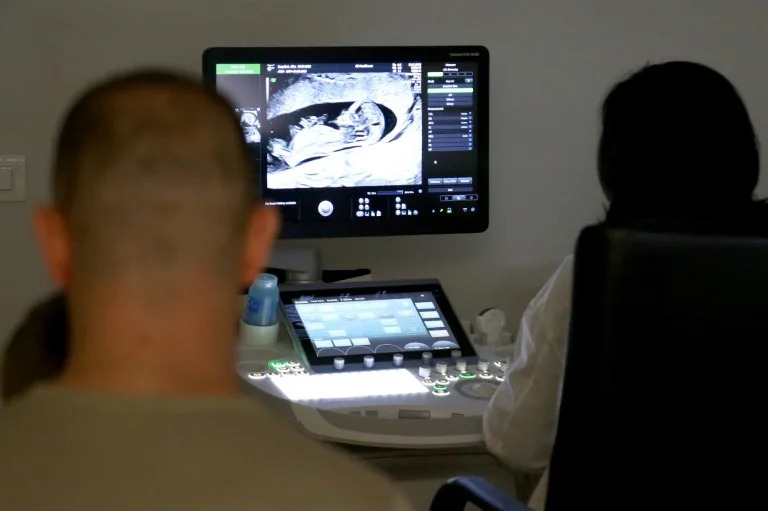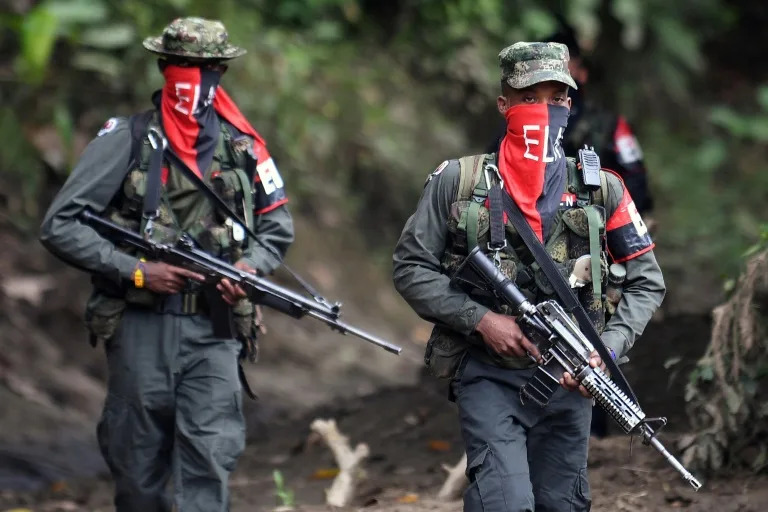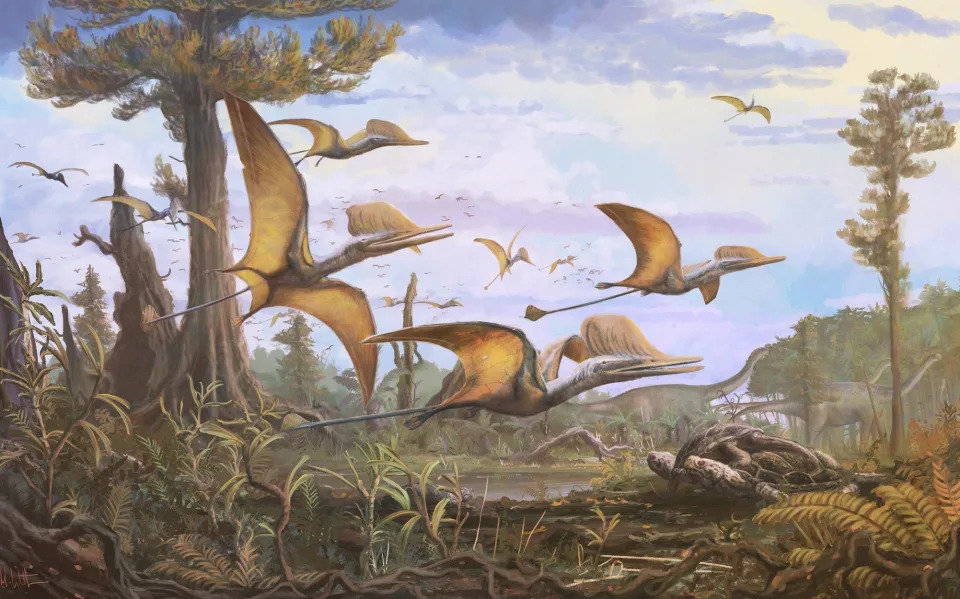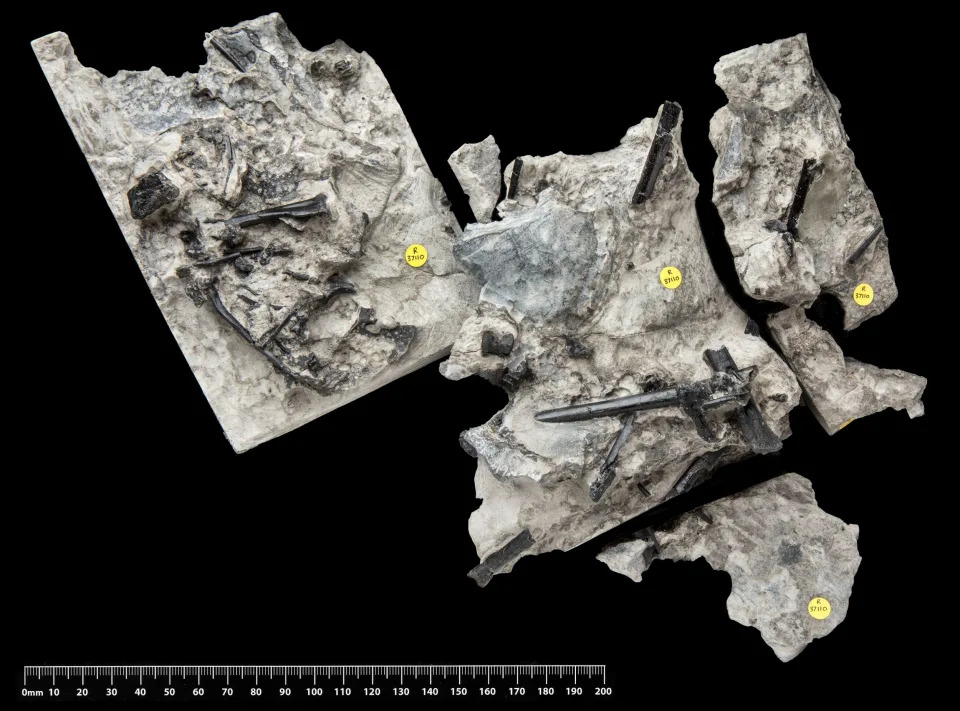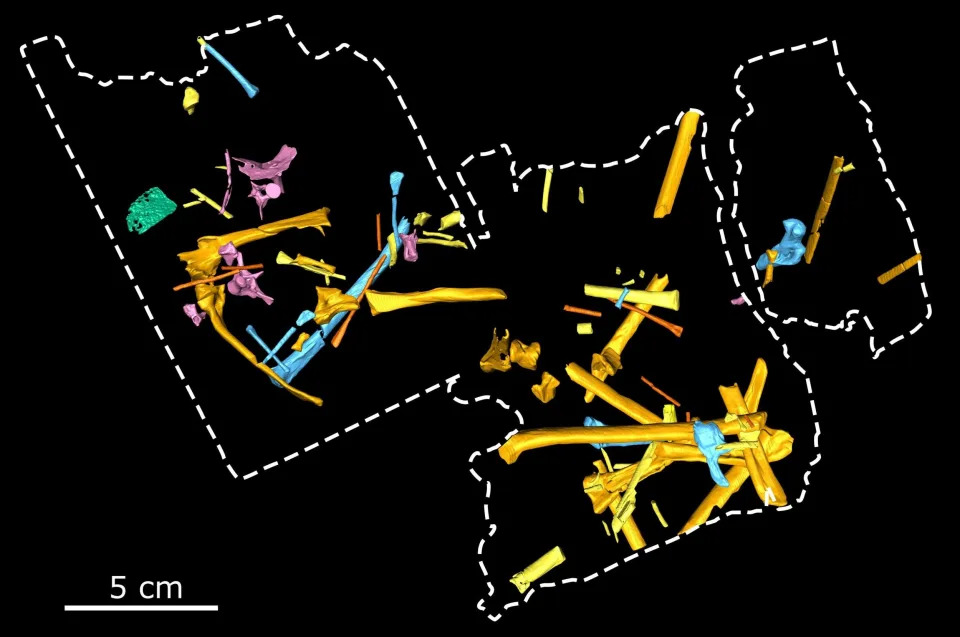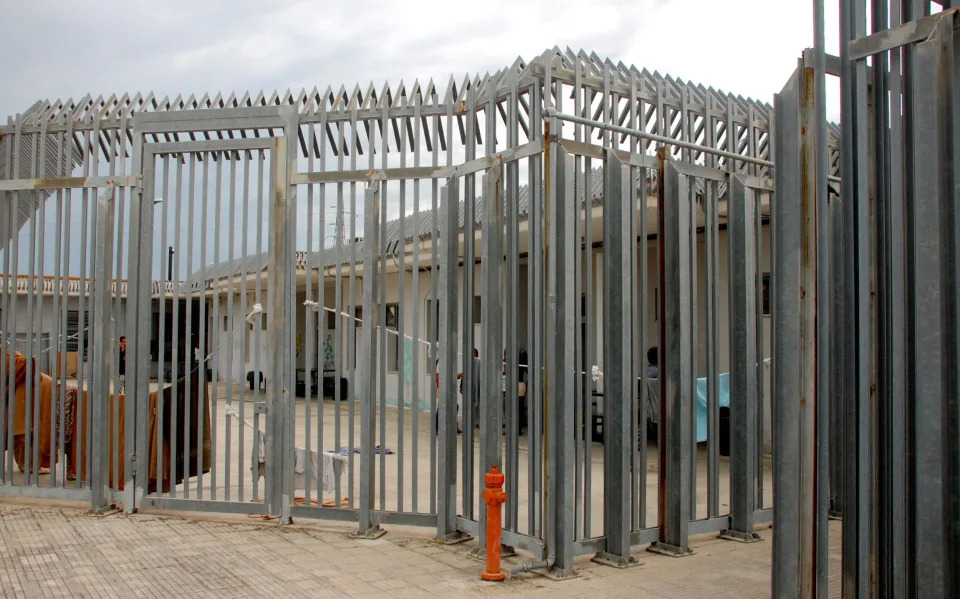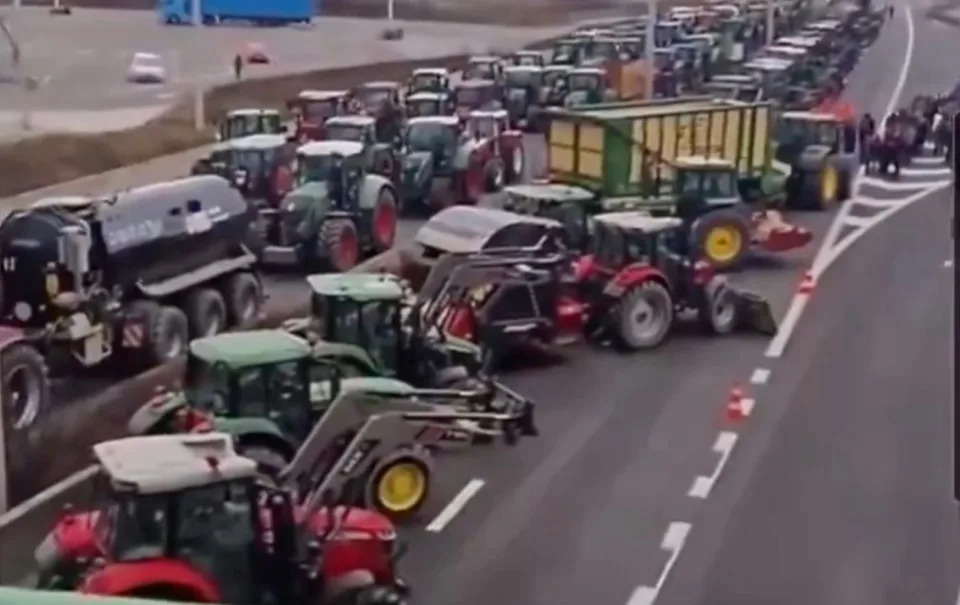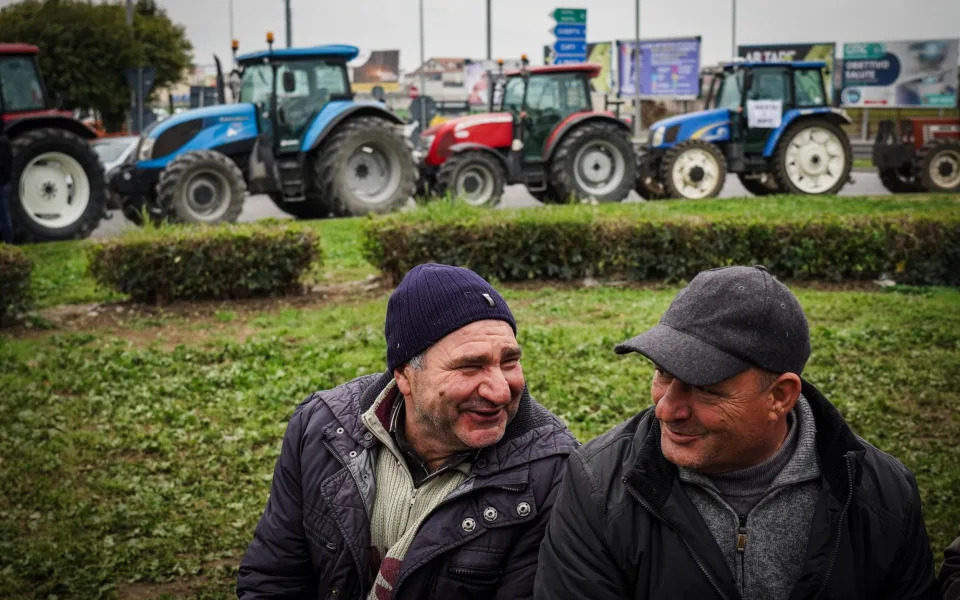Tom Morgan
Mon, 5 February 2024

Mary Earps is on the cover of the next issue of Women's Health - Women's Health UK/Mark Cant
England goalkeeper Mary Earps believes attention-seeking criticism of women’s football such as that from Joey Barton reflects sexist views shared by “people across the country”.
Rallying behind Emma Hayes’ claim that the sport is “routinely used to dealing with systemic misogyny”, Earps said the “biggest disappointment” is society-wide prejudice.
Hayes had indirectly addressed comments made by those such as ex-footballer Barton, who said women “should not be talking with any kind of authority” about men’s football.
But in a new interview, the BBC Sports Personality of the Year winner says further sexist reaction to the outgoing Chelsea manager’s comments effectively proved her point.
“Sport is a vehicle for change, but it’s also a representation of society,” Earps says in the March issue of Women’s Health UK. “The [sexist] comments on that [video of Emma, speaking at a press conference] are really telling. This isn’t just what one person thinks, this is what people across the country think – probably in the world. And that’s the biggest disappointment to me.”
Earps said that it can be “hard to give a calm response” when asked about misogyny in football, but added she is unsure an “aggressive response actually helps our cause”.
“That’s the irony of the whole situation,” she said. “And I think anyone who’s a woman knows that; it’s not just football. I don’t think there are many women in the world that will have not experienced sexism and misogyny of some kind.”

Mary Earps was voted BBC Sports Personality of the Year after helping England reach the Women's World Cup final - Women's Health UK/Mark Cant
In an apparent attempt to drive up interest in his new media platforms, out of work manager Barton has repeatedly attacked football coverage by women’s pundits and presenters in recent weeks.
Hayes and Earps have not named the former Manchester City and QPR player directly, but Hayes said in January: “I don’t expect any individual personality to understand their privilege. Nonetheless you only have to see scores of women across the internet or in the business - whether that’s coaches, presenters, players - we’re routinely used to dealing with systemic misogyny, bullying and behaviour that has been pretty normal for a large part of the football public.”
Earps, who also landed the Fifa Best women’s goalkeeper of the year also addressed her long-standing disappointment with Nike for failing to sell replicas of her goalkeeper jersey during last year’s World Cup in Australia.
“It was sad on a personal note that my friends and family couldn’t buy my shirt, but it wasn’t about me,” she said. “It was more about, I felt, the message being sent to young kids especially, but [also] to a whole demographic of people who have a huge passion and interest in goalkeeping. I felt like they were being shunned.”
She said she “one million per cent” had doubts about whether she should speak out against Nike.” I really like to lead by example and be really focused on football,” she added.” Unfortunately, when it comes to this sort of stuff, sadly that isn’t always enough…If I hadn’t performed well at the World Cup [the narrative would have] been like, ‘Yeah, no wonder no one likes the goalkeeper,’ [and] ‘just focus on your job’.”
In October, Nike finally relented to pressure and released a replica for the high street. “Ultimately, the end goal was to get the shirts on sale, and I feel we’ve achieved that,” Earps said.
Read the full Mary Earps interview in the March issue of Women’s Health UK, also available as a digital edition

